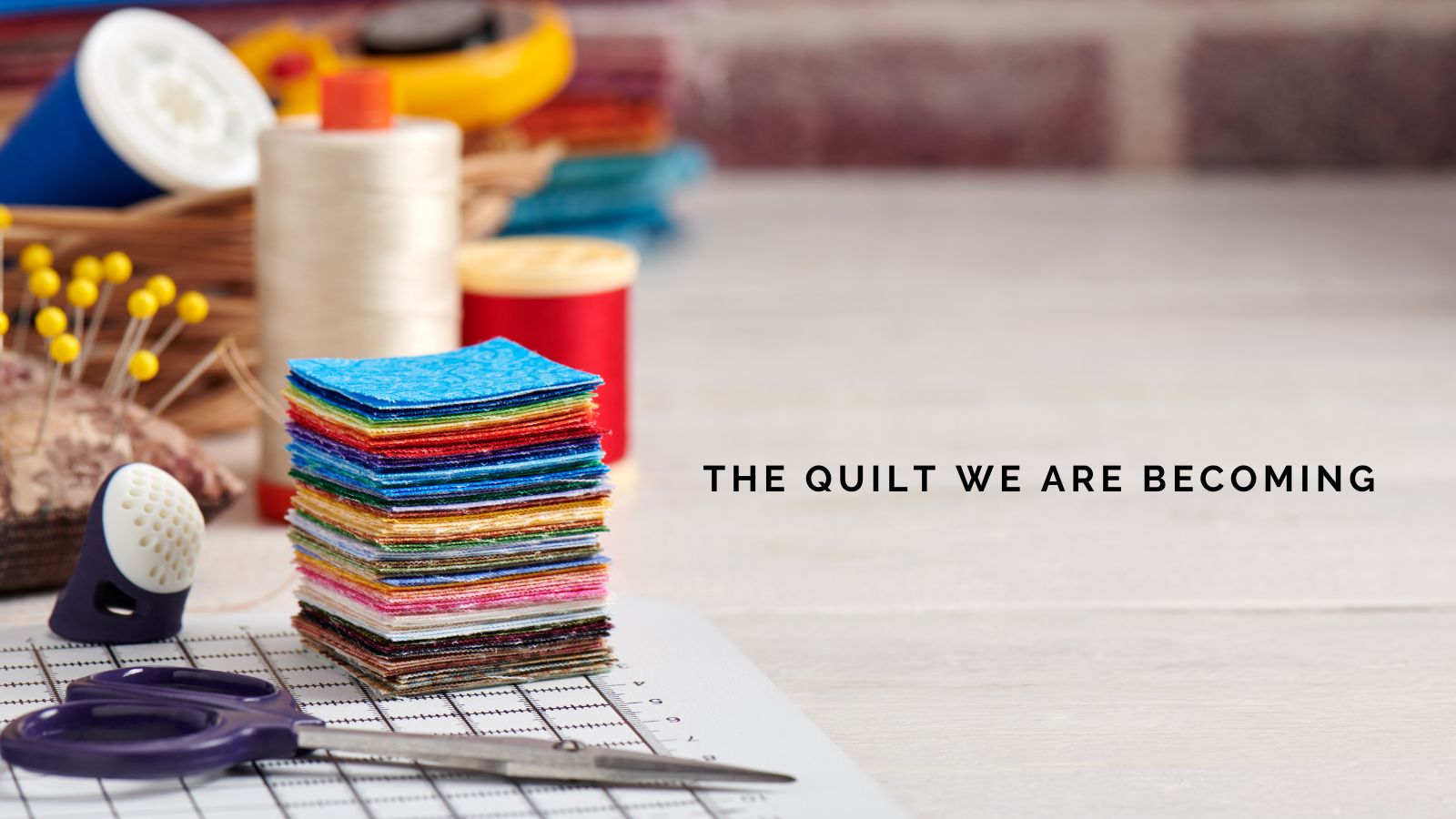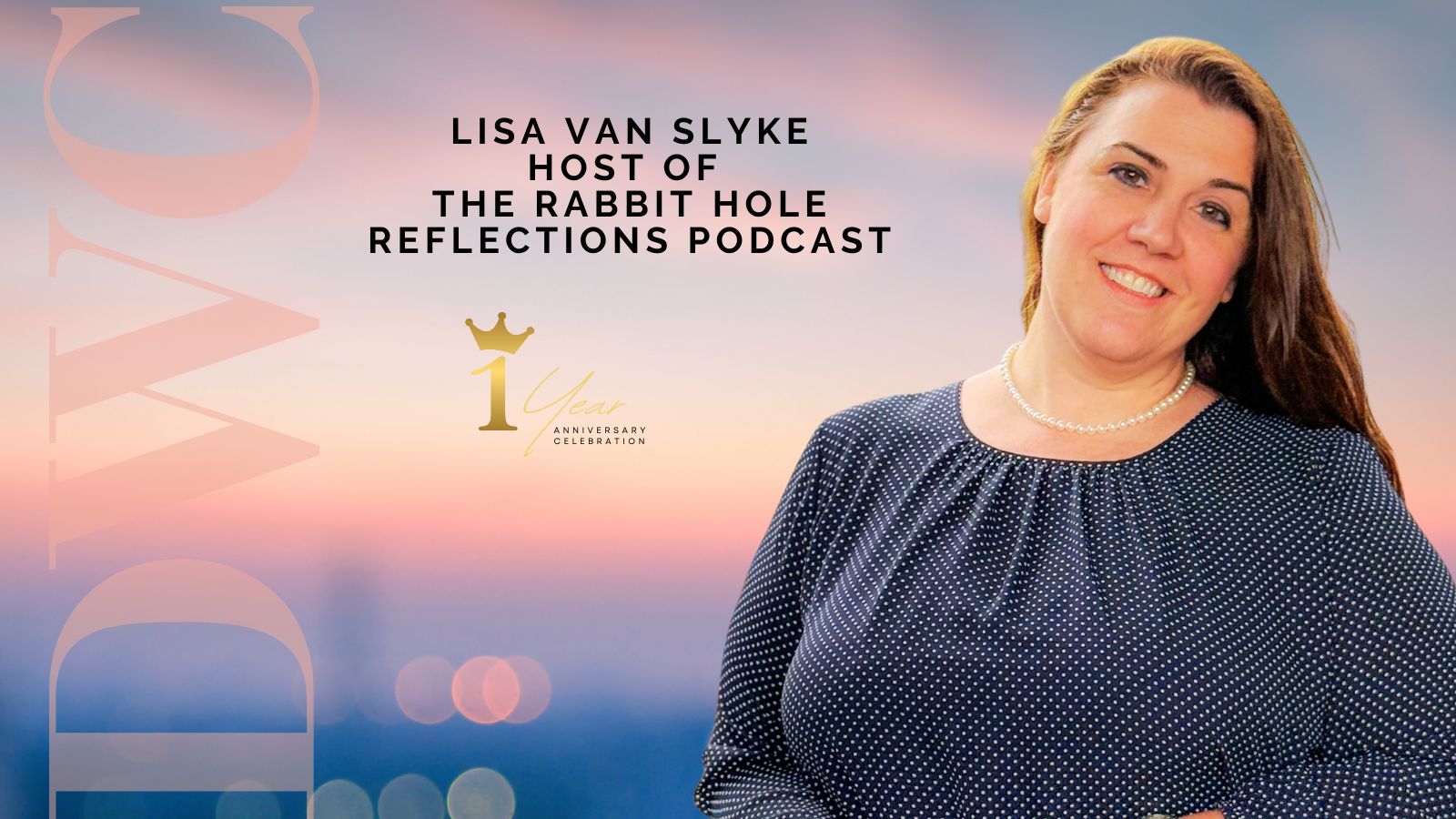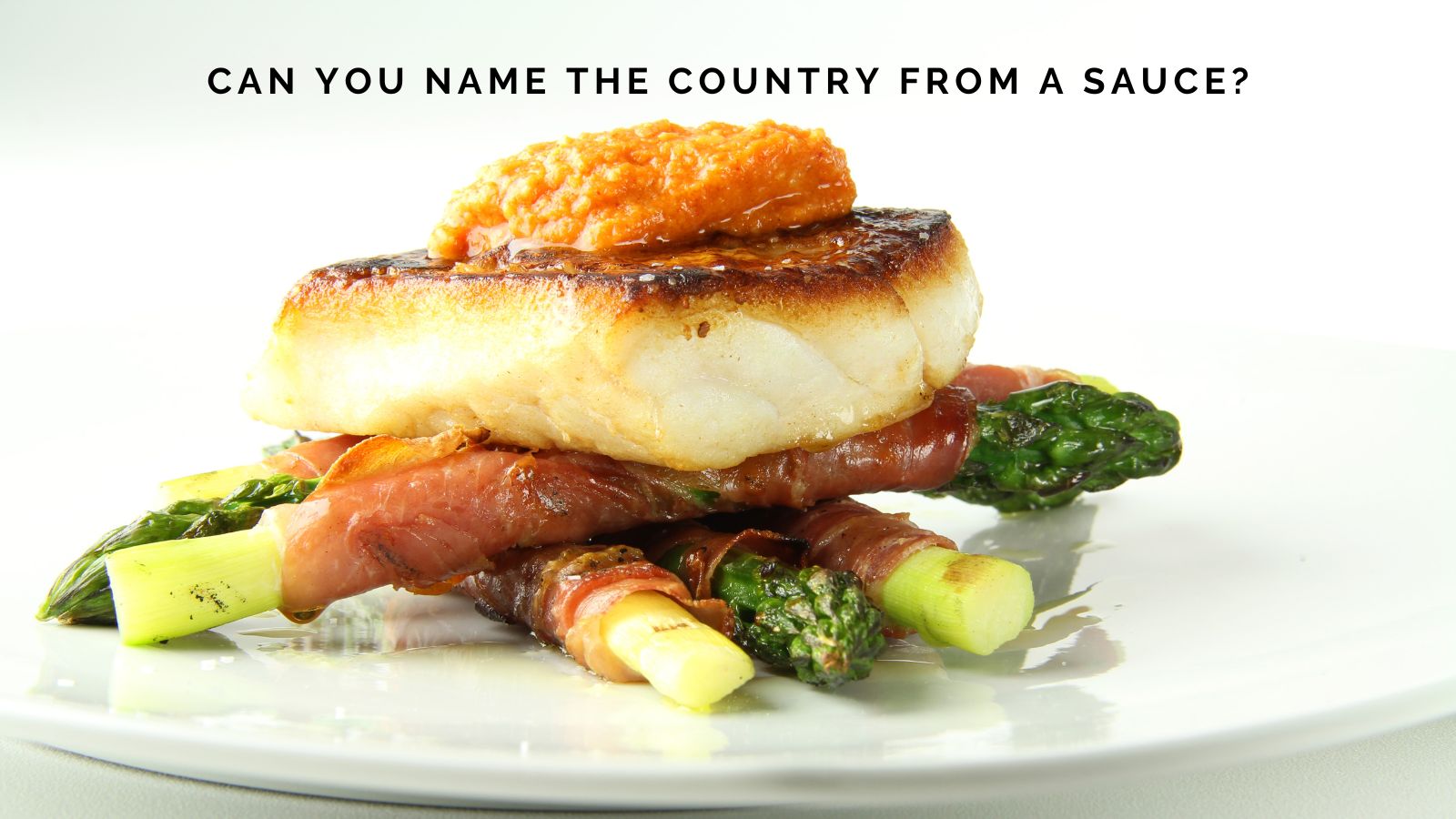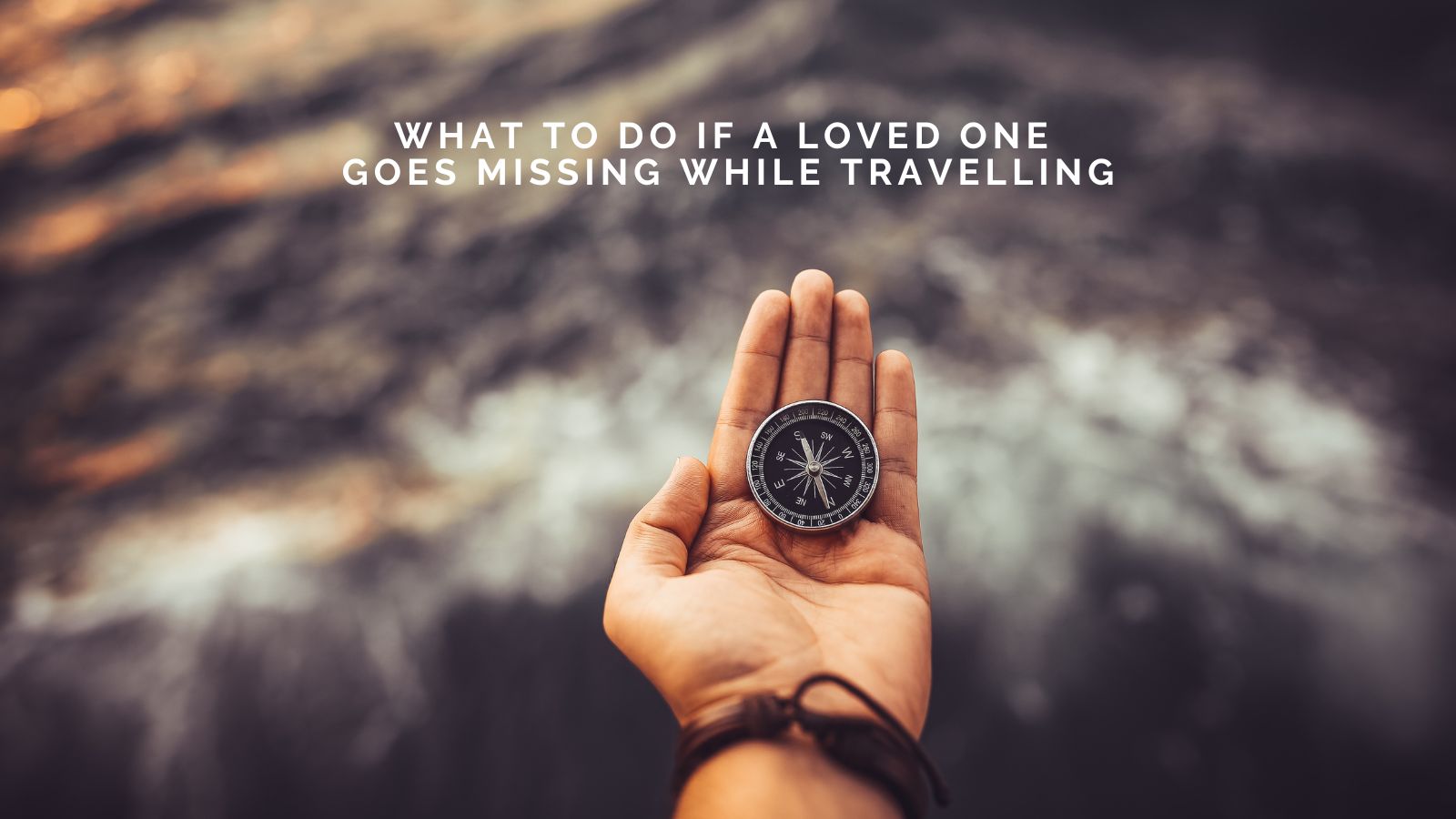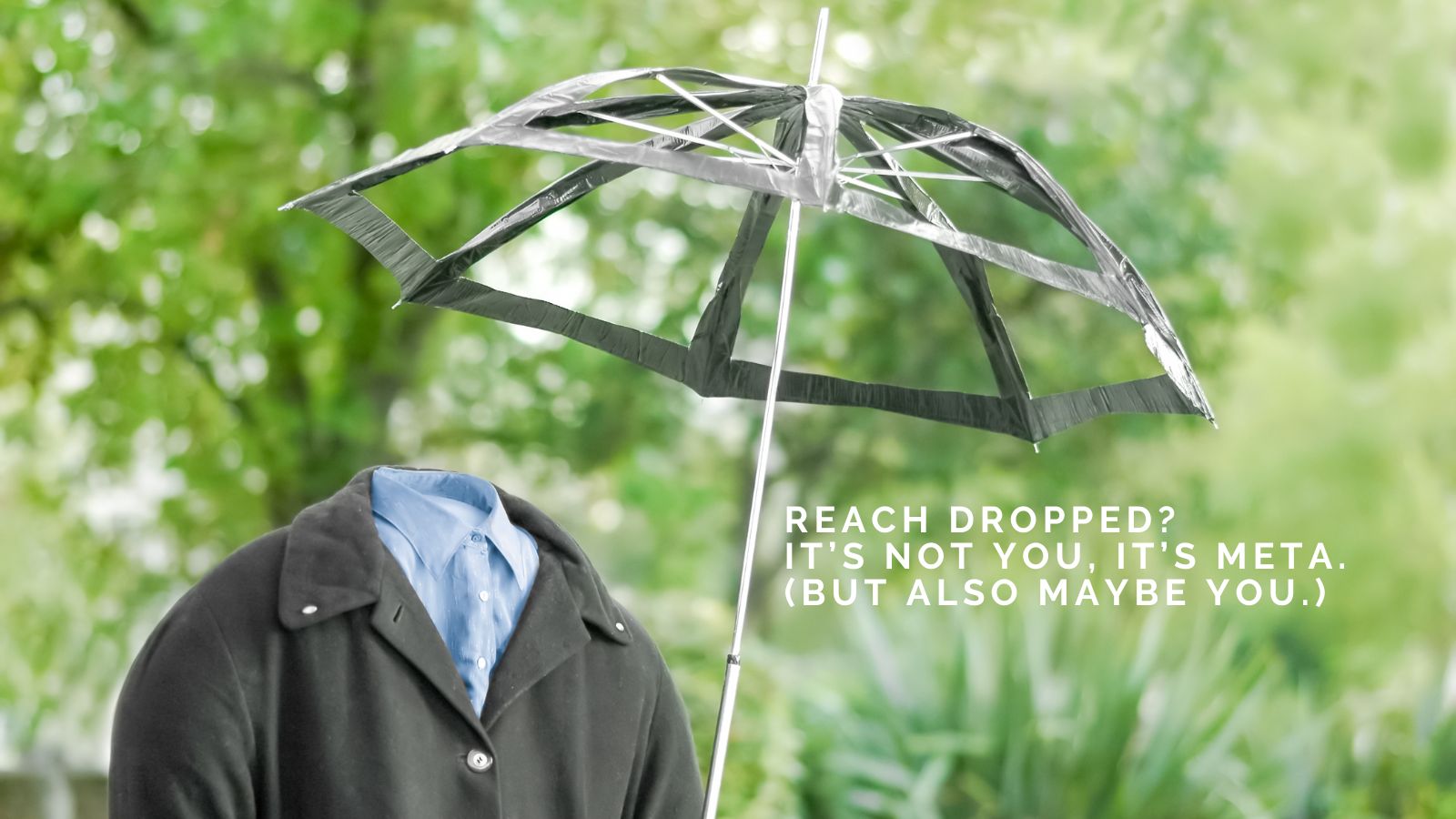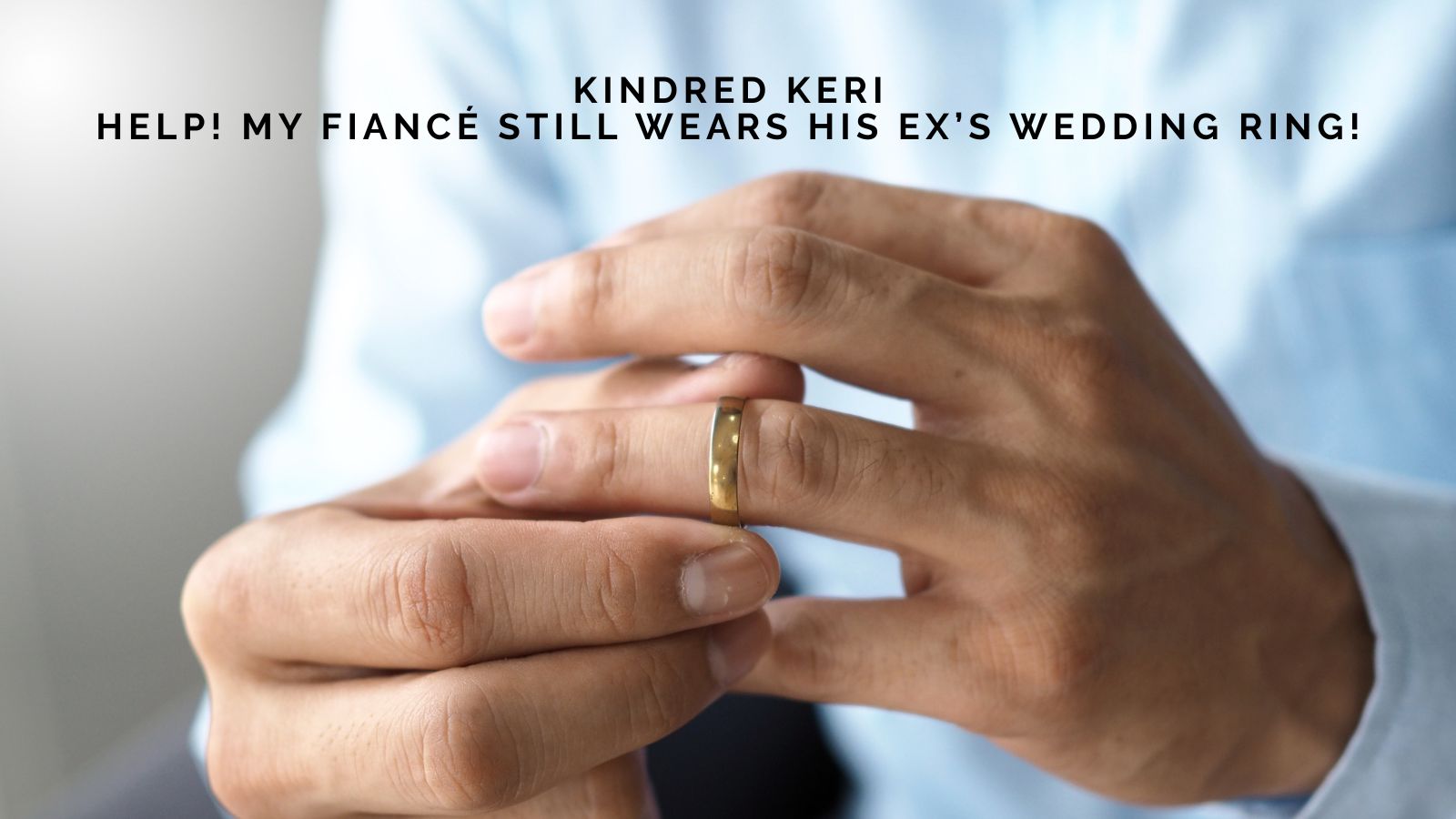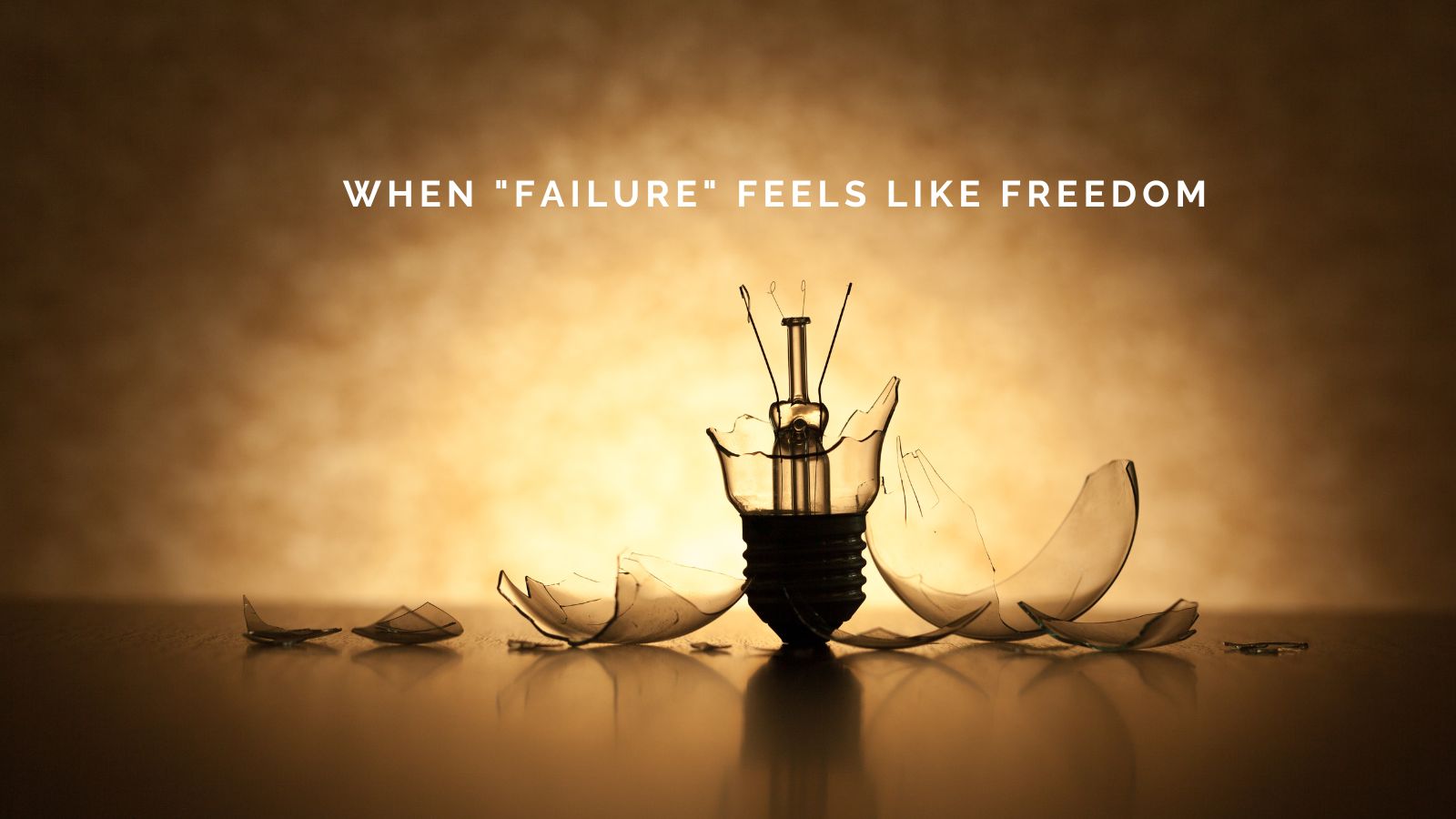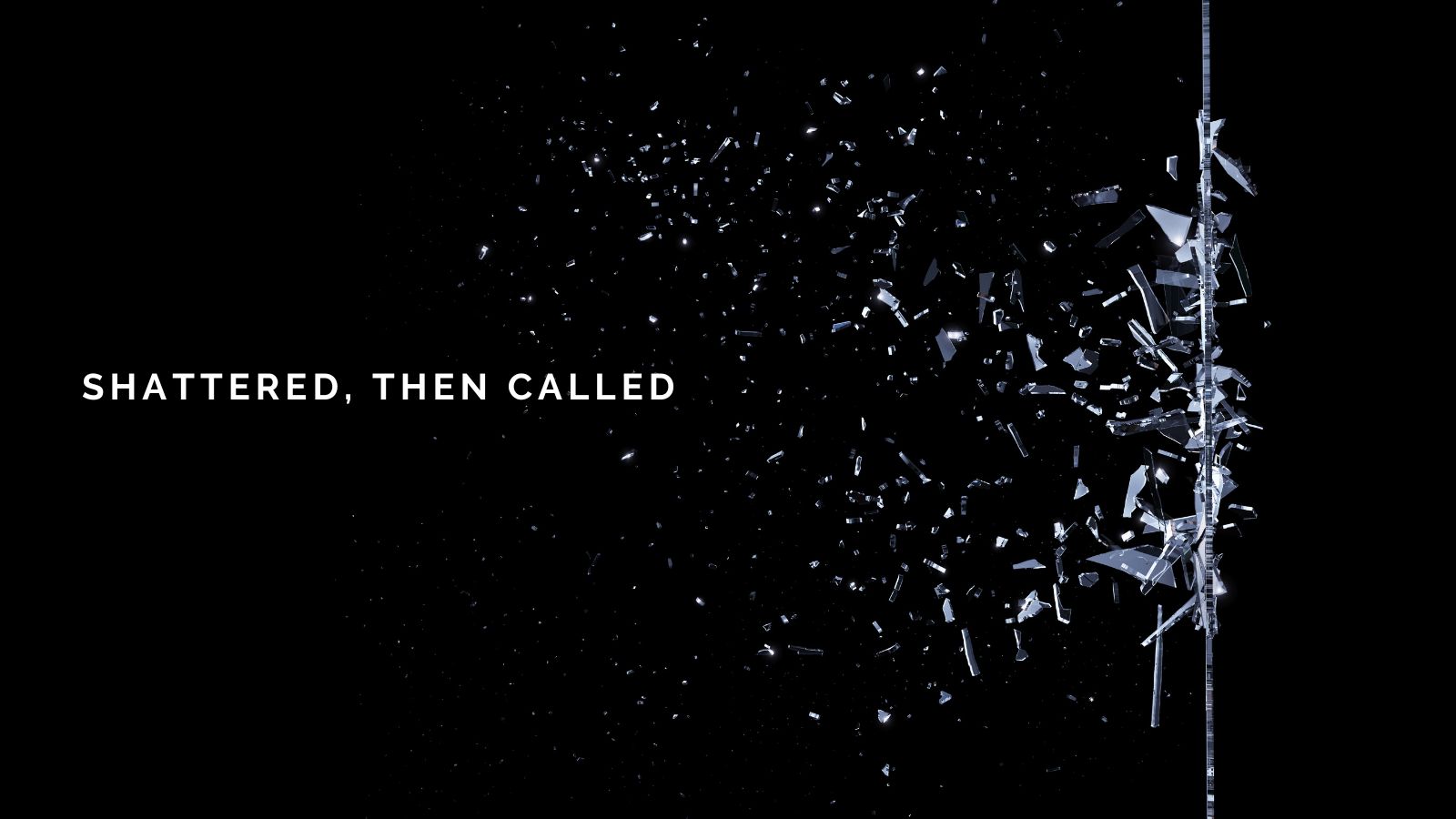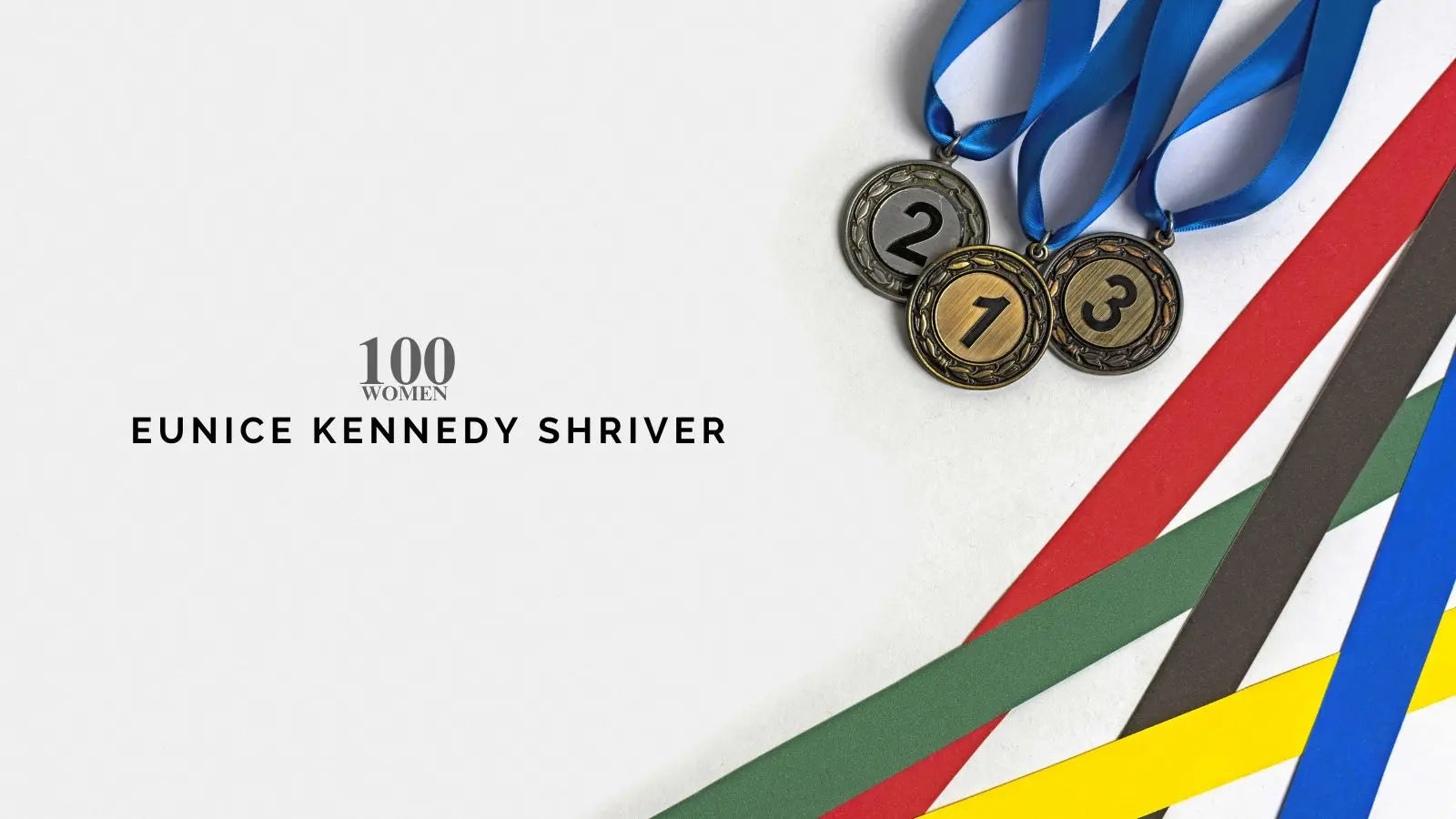
Long before the spotlight ever found her, Eunice Kennedy Shriver was a girl in a big family with a quiet mission forming in her heart. Born into the famous Kennedy family in 1921, she was the fifth of nine children. Her childhood was steeped in both privilege and expectation, but what truly shaped her life’s path was something far more intimate — her deep bond with her sister Rosemary, who was born with intellectual disabilities.
In a world that often cast aside people like Rosemary, hiding them behind closed doors or excluding them from schools and activities, Eunice refused to look away. Where others saw limits, she saw light. And from a young age, she carried that light with her — in her empathy, in her curiosity, and later, in her fierce activism.
She didn’t just love her sister. She listened to her, played with her, defended her. She saw Rosemary’s potential — her capacity for joy, for learning, for connection — and began to ask herself the questions no one else was asking: Why weren’t people with intellectual disabilities given opportunities to thrive? Why weren’t they included in the simple joys of life, like sports and friendship?
In the 1950s and 60s, Eunice became one of the earliest advocates for people with intellectual disabilities. She hosted summer camps at her home in Maryland, inviting children with disabilities to swim, play, and compete — often for the first time in their lives. She wasn't waiting for the world to change; she was the change.
And then, in 1968, something extraordinary happened. What began as a backyard camp became a global movement. The first Special Olympics was held in Chicago, welcoming over 1,000 athletes from across the United States and Canada. It was a celebration — not of limitations, but of human spirit, effort, and joy. Eunice stood at the helm of it all, beaming with pride as she watched these athletes finally take the field they had always deserved.
The Special Olympics is not the same as the Paralympics, though they are often confused. The Paralympics focuses on athletes with physical disabilities, and is held alongside the Olympics. The Special Olympics, on the other hand, is uniquely tailored for individuals with intellectual disabilities. It is about inclusion, about building confidence and community, about ensuring every athlete knows — truly knows — that they matter, they belong, and they can achieve greatness.
Eunice’s dream wasn’t just about sports. It was about dignity. It was about visibility. It was about love in action.
Through her tireless work, she helped shift a global mindset. No longer were people with intellectual disabilities to be hidden or pitied. They were to be honored, cheered, and celebrated. Her advocacy stretched into policy, research, education, and public awareness, touching millions of lives across generations.
Eunice Kennedy Shriver didn’t just start a movement. She created a world where joy could be loud and pride could be shared. Where differences didn’t divide us — they made us stronger.
And maybe that’s the most beautiful thing about her legacy. She didn’t do it for fame or recognition. She did it because her heart knew better. Because her sister deserved better. And because the world desperately needed someone to believe that every life holds immense value.
Today, millions of Special Olympics athletes shine because one woman saw their light long before the world did.
Thank you, Eunice. For seeing what others didn’t. For believing in what could be. And for choosing love — over and over again.
